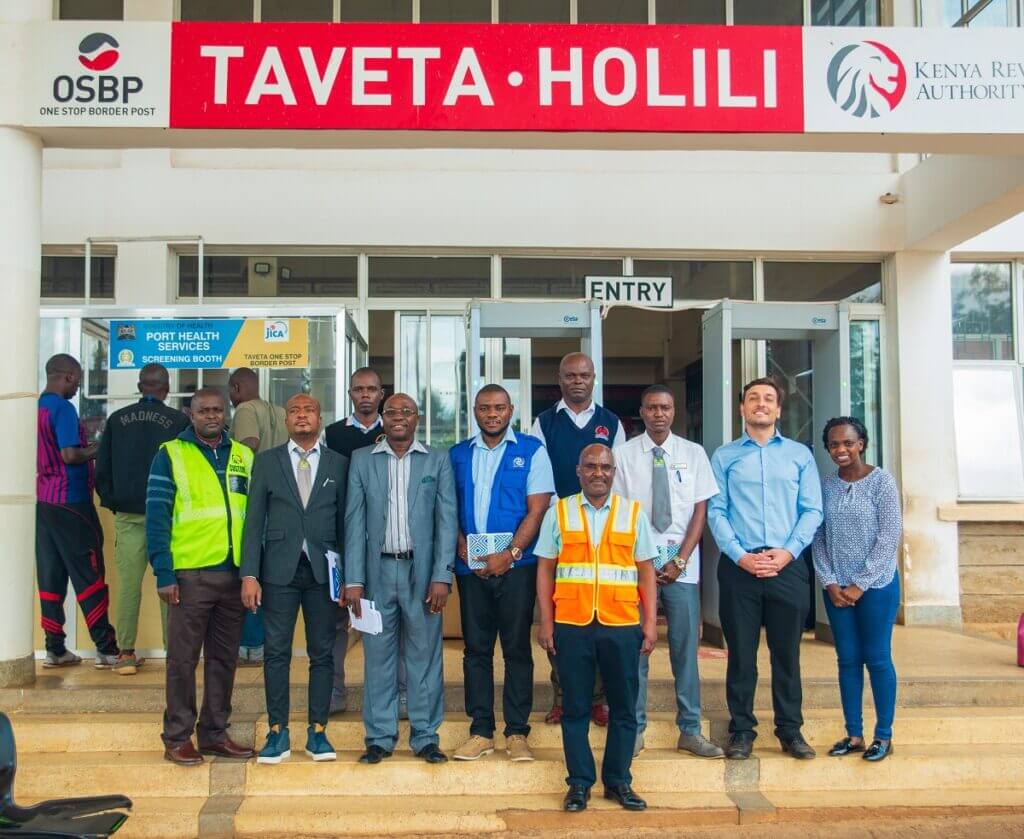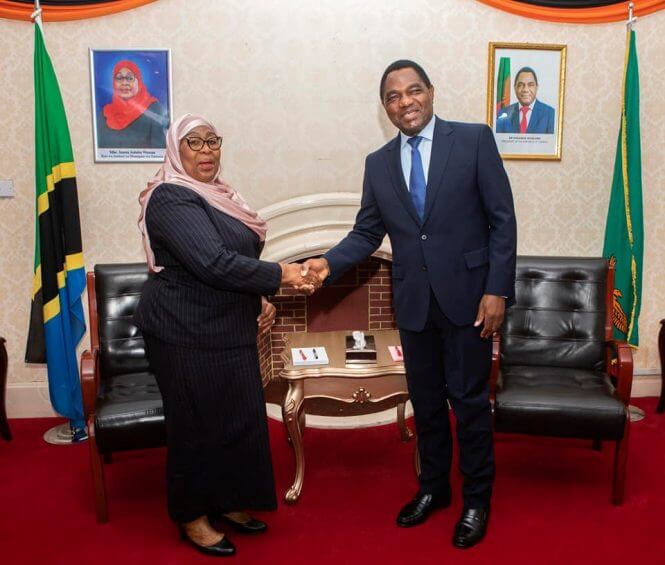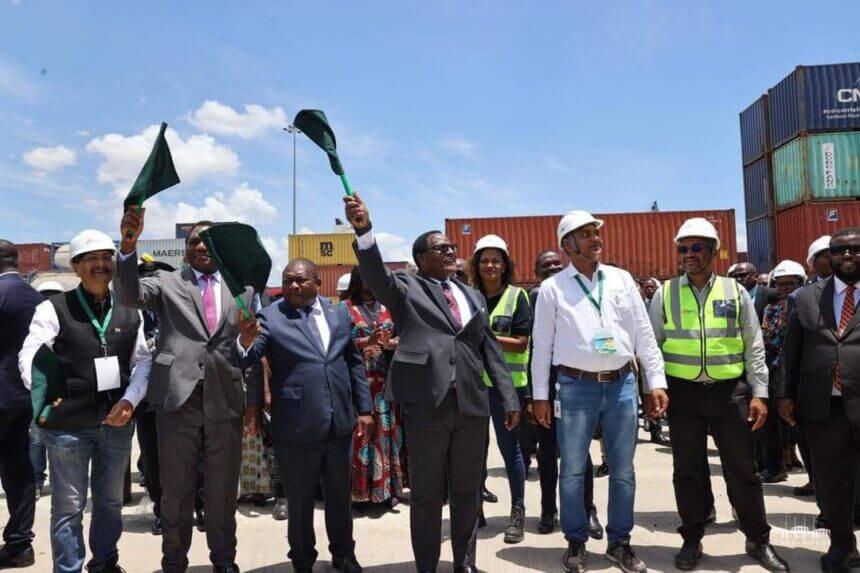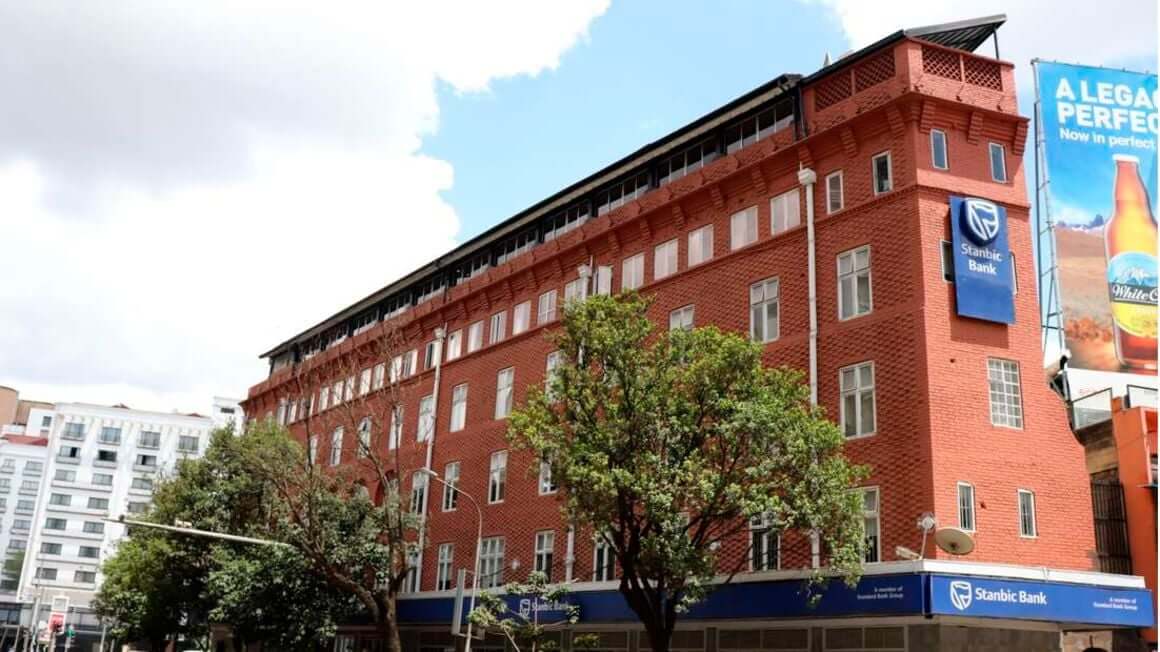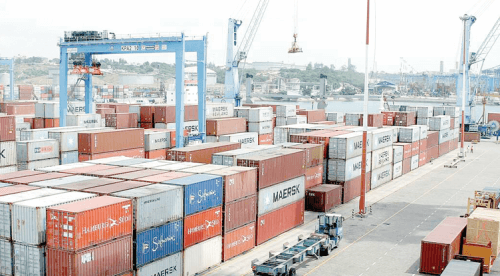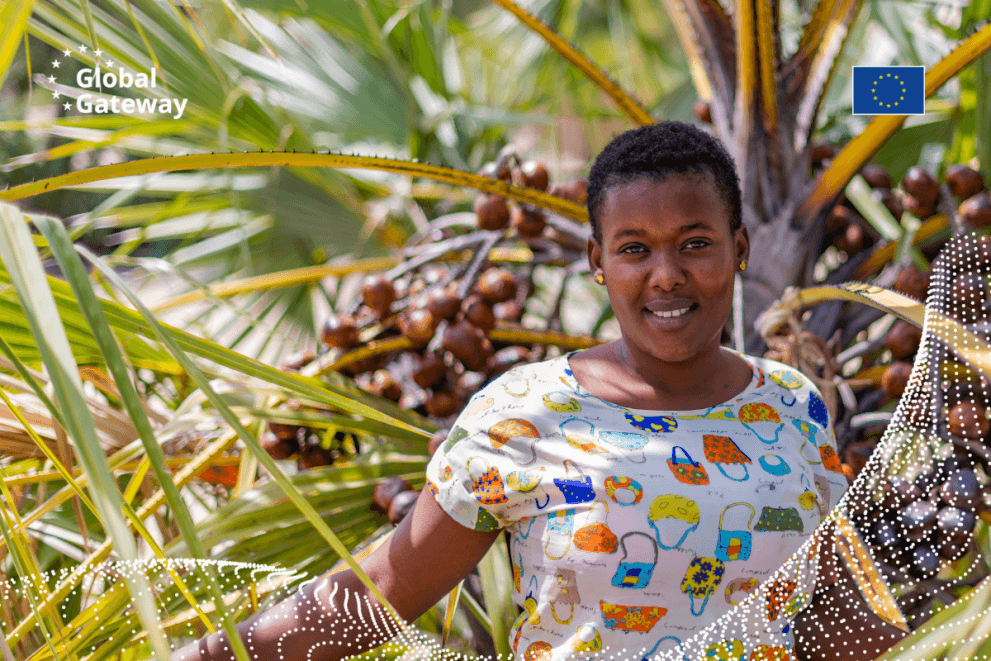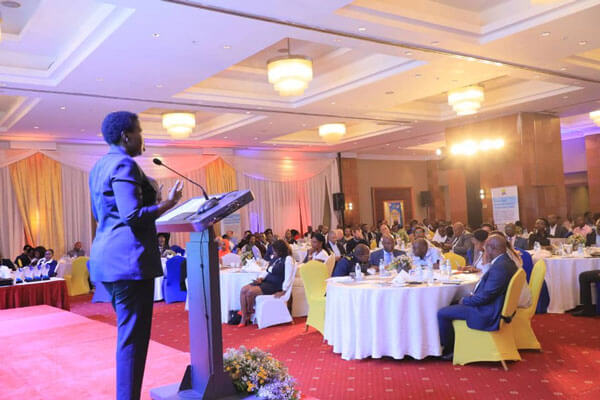What you need to know: Horticultural Crops Directorate has suspended the export of Hass, Pinkerton, Fuerte and Jumbo avocado varieties by sea. The directorate says the decision follows a survey it undertook to establish the maturity indices of avocados in major production zones. Kenya has stopped export of avocados from Friday to allow the fruits to mature as part of measures to protect the country’s lucrative external market. In a notice on Tuesday, the Horticultural Crops Directorate (HCD) suspended the export of Hass, Pinkerton, Fuerte and Jumbo avocado varieties by sea but cleared air shipment of the fruit, including those on transit from other East African Community (EAC) countries. The directorate says the decision follows a survey it undertook to establish the maturity indices of avocados in major production zones. “Following the findings of the survey, we hereby notify the Kenyan avocado stakeholders that the closing of Hass, Pinkerton, Fuerte and Jumbo harvesting season and export by sea for the 2023/2024 fiscal year shall be in force with effect from 3rd November 2023,” said HCD acting director-general Willis Audi. He added: “Export clearance (including fruit consignments from the EAC region) shall be granted for air shipment, subject to inspection by the directorate. Traceability information will be required for all consignments.” Temporary bans on export is one the measures Kenya takes to deter premature harvesting of the popular fruit, which leads to export of low-quality produce putting at risk the country’s outside markets. This comes at a time demand for avocado...
Why Kenya has temporarily banned avocado exports
Posted on: November 3, 2023
Posted on: November 3, 2023


